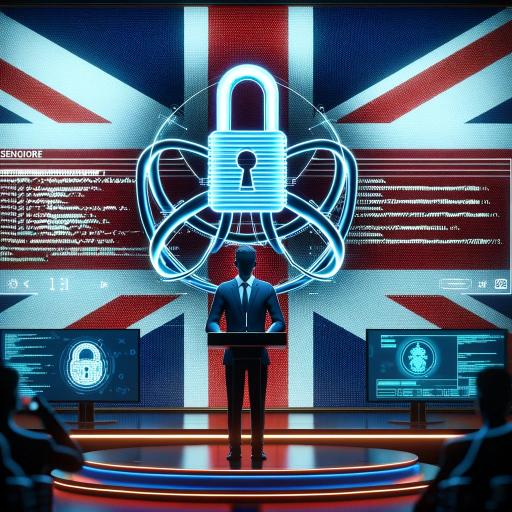In today’s digital age, the threat of cyber breaches is a significant concern for federal employees. With the increasing reliance on technology and the vast amount of sensitive information stored online, it is crucial for federal employees to have a strong understanding of the threat landscape and adopt essential strategies to safeguard against breaches. This article aims to provide federal employees with a comprehensive guide on how to enhance their cyber awareness and protect themselves and their agencies from potential cyber threats.
Understanding the Threat Landscape: Federal Employee Cyber Awareness

To effectively safeguard against breaches, federal employees must first understand the threat landscape they are facing. Cybercriminals employ various tactics to exploit vulnerabilities and gain unauthorized access to sensitive information. Common threats include phishing attacks, ransomware, social engineering, and malware. Phishing attacks, for example, involve tricking individuals into revealing sensitive information by posing as a trustworthy entity. By being aware of these threats, federal employees can better identify and mitigate risks.
Furthermore, federal employees must familiarize themselves with the potential consequences of cyber breaches. Breaches can result in the exposure of sensitive government data, financial loss, reputational damage, and even compromised national security. Understanding the impact of breaches underscores the importance of maintaining a strong cyber defense posture, both at an individual and agency level. By recognizing the potential consequences, federal employees will be motivated to prioritize cybersecurity and take appropriate measures to protect against breaches.
Essential Strategies for Safeguarding Against Breaches: A Comprehensive Guide
To safeguard against breaches, federal employees should adhere to a set of essential strategies. First and foremost, it is crucial to regularly update and patch software systems and applications. Software updates often contain critical security patches that address known vulnerabilities. By keeping systems up to date, federal employees can significantly reduce the risk of exploitation.
Secondly, strong password hygiene is essential. Federal employees should create complex passwords that include a combination of letters, numbers, and symbols. Additionally, implementing multi-factor authentication provides an extra layer of security by requiring an additional verification step, such as a fingerprint or a one-time password.
Lastly, ongoing cybersecurity training and awareness programs are vital. Agencies should provide regular training sessions to educate federal employees about the latest threats and best practices for safeguarding against breaches. By promoting a culture of cyber awareness, federal employees will be equipped with the knowledge and skills necessary to identify and respond to potential threats effectively.
In conclusion, federal employees must prioritize cyber awareness and take proactive measures to safeguard against breaches. Understanding the threat landscape and potential consequences of breaches is crucial for developing a strong defense posture. By adopting essential strategies such as regular software updates, strong password hygiene, and ongoing cybersecurity training, federal employees can enhance their ability to protect sensitive information and ensure the security of their agencies. With continuous vigilance and a commitment to cybersecurity, federal employees can contribute to a safer digital environment for themselves and the nation.







